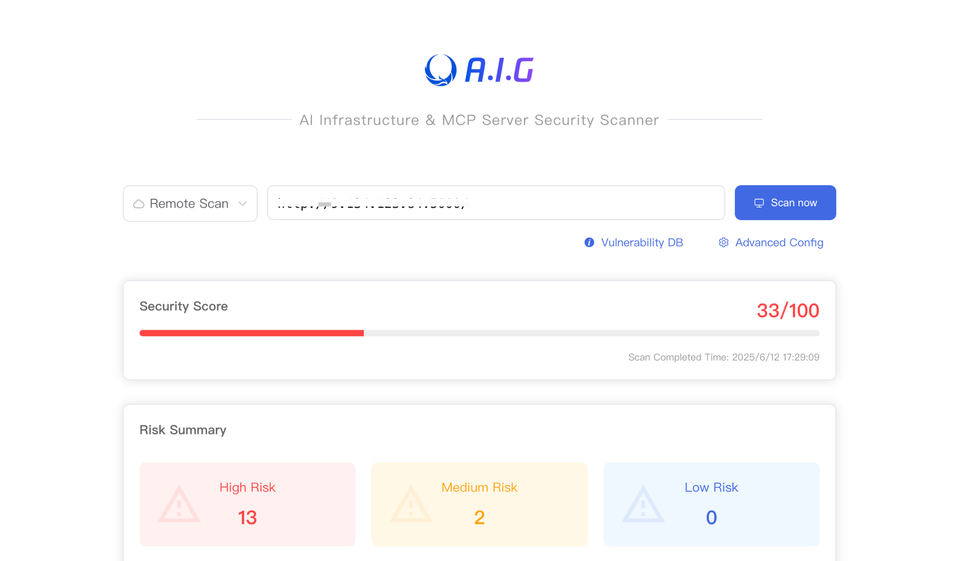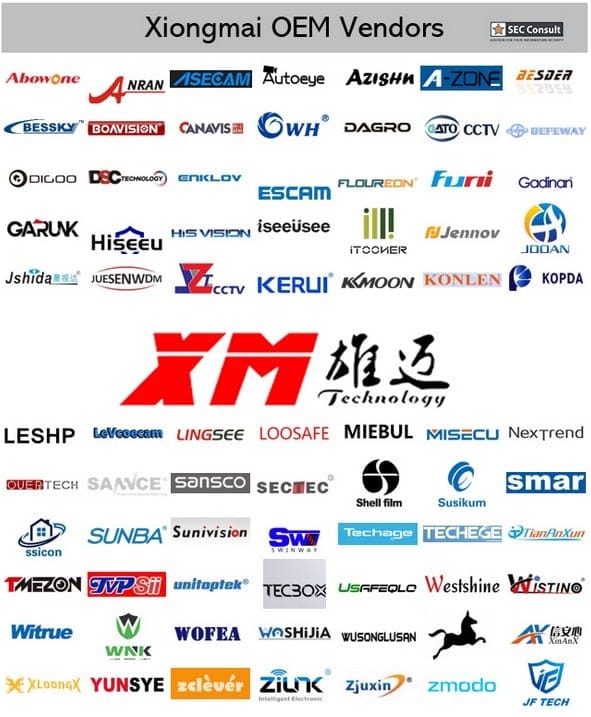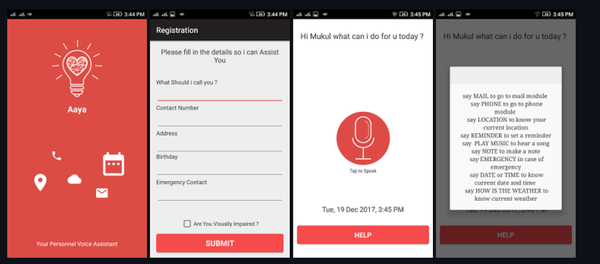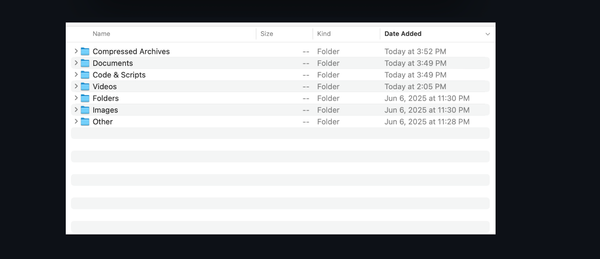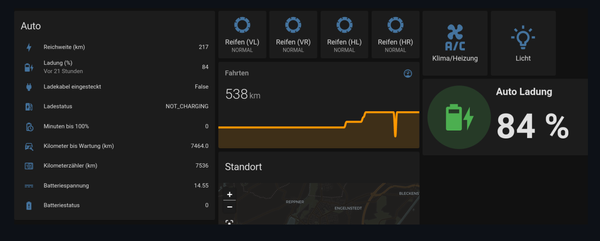A.I.G (AI-Infra-Guard) (FOSS) – Free, Open, and Fierce Protection for AI Infrastructures
A.I.G(AI-Infra-Guard)A Self-hosted AI Infrastructure Vulnerability Assessment and MCP Server Security Analysis Tool
Table of Content
What is A.I.G (AI-Infra-Guard)?
🛡️ A.I.G (AI-Infra-Guard) by Tencent Zhuque Lab is a smart, lightweight security tool that scans AI infrastructures and MCP servers for vulnerabilities.
It offers intelligent analysis, easy deployment, and supports custom rules, making AI infrastructure security fast, thorough, and user-friendly, perfect for developers and enterprises.
Features
- Comprehensive Security Assessment Capabilities
- Supports analysis of 9 common MCP security risks, continuously updated.
- Supports identification of 28 AI component frameworks, covering 200+ vulnerability fingerprints.
- Supports private deployment for easy integration into internal security scanning pipelines.
- Intelligent and User-Friendly Experience
- MCP security analysis driven by AI Agent for one-click intelligent analysis.
- AI component vulnerability scanning supports custom fingerprints and YAML vulnerability rules.
- Out-of-the-box usability with no complex configuration required, providing a Web interface for visual operation.
- Lightweight Design
- Core components are concise and efficient.
- Small binary size and low resource consumption.
- Cross-platform support (Windows/MacOS/Linux).
- AI Component Vulnerability Scanning (
scan): Detects known security vulnerabilities in web-based components within AI infrastructure. - MCP Security Analysis (
mcp): Analyzes security risks in MCP Server code based on AI Agent. - WebUI Mode (
webserver): Enables the web-based visual operation interface.
Usage
WebUI Visual Operation
Start the web server, listening on 127.0.0.1:8088 by default:
./ai-infra-guard webserver
Specify the listening address and port:
./ai-infra-guard webserver --ws-addr <IP>:<PORT>
Example: ./ai-infra-guard webserver --ws-addr 0.0.0.0:9090
AI Component Vulnerability Scanning (scan)
Local One-Click Detection (Scans common local service ports):
./ai-infra-guard scan --localscan
Scan a Single Target:
./ai-infra-guard scan --target <IP/Domain>
Example: ./ai-infra-guard scan --target example.com
Scan Multiple Targets:
./ai-infra-guard scan --target <IP/Domain1> --target <IP/Domain2>
Example: ./ai-infra-guard scan --target 192.168.1.1 --target example.org
Read Targets from a File:
./ai-infra-guard scan --file target.txt
The target.txt file should contain one target URL or IP address per line.
View Full Parameters for the scan Subcommand:
./ai-infra-guard scan --help
scan Subcommand Parameter Description:
Usage:
ai-infra-guard scan [flags]
Flags:
--ai Enable AI analysis (requires LLM Token configuration)
--check-vul Validate the effectiveness of vulnerability templates
--deepseek-token string DeepSeek API token (for --ai feature)
-f, --file string File path containing target URLs
--fps string Fingerprint template file or directory (default: "data/fingerprints")
--header stringArray Custom HTTP request headers (can be specified multiple times, format: "Key:Value")
-h, --help Show help information
--hunyuan-token string Hunyuan API token (for --ai feature)
--lang string Response language (zh/en, default: "zh")
--limit int Maximum requests per second (default: 200)
--list-vul List all available vulnerability templates
--localscan Perform local one-click scan
-o, --output string Result output file path (supports .txt, .json, .csv formats)
--proxy-url string HTTP/SOCKS5 proxy server URL
-t, --target stringArray Target URL (can be specified multiple times)
--timeout int HTTP request timeout in seconds (default: 5)
--vul string Vulnerability database directory (default: "data/vuln")
MCP Server Security Risk Analysis (mcp)
This feature automatically analyzes security issues in MCP Server code using an AI Agent.
Basic Usage (Uses OpenAI API by default, requires Token):
./ai-infra-guard mcp --code <source_code_path> --model <model_name> --token <api_token> [--base-url <api_base_url>]
Example: ./ai-infra-guard mcp --code /path/to/mcp/server --model gpt-4 --token sk-xxxxxx
Specify Output Format:
./ai-infra-guard mcp --code <source_code_path> --model <model_name> --token <api_token> --csv results.csv --json results.json
View Full Parameters for the mcp Subcommand:
./ai-infra-guard mcp --help
mcp Subcommand Parameter Description:
Usage:
ai-infra-guard mcp [flags]
Flags:
--base-url string LLM API base URL (optional, overrides default OpenAI URL)
--code string Path to the MCP Server source code to scan (required)
--csv string Output results to a CSV file path
-h, --help Show help information
--json string Output results to a JSON file path
--log string Log file save path
--model string AI model name (required, e.g., gpt-4, gpt-3.5-turbo)
--plugins string Specify enabled plugins list (comma-separated, optional)
--token string LLM API token (required)
Covered MCP Security Risks
AI Infra Guard can analyze the following common MCP security risks, with continuous updates:
| Risk Name | Risk Description |
|---|---|
| Tool Poisoning Attack | Malicious MCP Server injects hidden instructions via tool descriptions to manipulate the AI Agent into performing unauthorized actions (e.g., data exfiltration, executing malicious code or commands). |
| Rug Pull | Malicious MCP Server behaves normally initially but changes behavior after user approval or several runs to execute malicious instructions, leading to difficult-to-detect malicious activities. |
| Tool Shadowing Attack | Malicious MCP Server uses hidden instructions to redefine the behavior of other trusted MCP Server tools (e.g., modifying email recipients, executing unauthorized operations). |
| Malicious Code/Command Execution | If an MCP Server supports direct code or command execution without proper sandboxing, attackers could exploit it to execute malicious operations on the server or user's local machine. |
| Data Exfiltration | Malicious MCP Server induces the AI Agent to exfiltrate sensitive data (e.g., API keys, SSH keys) or directly transmits user-authorized input data to external servers. |
| Unauthorized Access/Authentication | MCP Server lacks effective authorization/authentication mechanisms or has flaws, allowing attackers to bypass verification and access restricted resources or user data. |
| Indirect Prompt Injection | MCP Server outputs external data containing malicious instructions (e.g., web pages, documents) to the AI Agent, potentially compromising the AI Agent's integrity and leading to unintended actions. |
| Package Name Squatting | Malicious MCP Server uses names, tool names, or descriptions similar to trusted services to trick the AI Agent into invoking malicious services; or a third party squats on an official MCP Server name to distribute malware or implant backdoors. |
| Insecure Storage of Sensitive Keys | MCP Server hardcodes or stores sensitive keys in plaintext within code or configuration files, leading to potential key leakage risks. |
Covered AI Component Vulnerabilities
AI Infra Guard supports detection of known vulnerabilities in various AI-related components:
| Component Name | Vulnerability Count |
|---|---|
| anythingllm | 8 |
| langchain | 33 |
| Chuanhugpt | 0 |
| clickhouse | 22 |
| comfy_mtb | 1 |
| ComfyUI-Prompt-Preview | 1 |
| ComfyUI-Custom-Scripts | 1 |
| comfyui | 1 |
| dify | 11 |
| fastchat-webui | 0 |
| fastchat | 1 |
| feast | 0 |
| gradio | 42 |
| jupyterlab | 6 |
| jupyter-notebook | 1 |
| jupyter-server | 13 |
| kubeflow | 4 |
| kubepi | 5 |
| llamafactory | 1 |
| llmstudio | 0 |
| ollama | 7 |
| open-webui | 8 |
| pyload-ng | 18 |
| qanything | 2 |
| ragflow | 2 |
| ray | 4 |
| tensorboard | 0 |
| vllm | 4 |
| xinference | 0 |
| triton-inference-server | 7 |
| Total | 200+ |
License
This project is open-sourced under the MIT License.

